5 GPTs for Software Compliance Powered by AI for Free of 2025
AI GPTs for Software Compliance are advanced tools built on the Generative Pre-trained Transformer (GPT) framework, designed to assist in ensuring software complies with legal, regulatory, and technical standards. These AI-driven assistants can automate the review of code, documentation, and processes against compliance requirements, providing tailored solutions for identifying and addressing compliance issues. Their role is pivotal in simplifying the complex landscape of software compliance, leveraging natural language processing and machine learning to interpret and apply compliance rules efficiently.
Top 5 GPTs for Software Compliance are: Vulnerability Analyzer,MS Licensing Specialist - MVL Assistant,LicenseGPT,Human in the Loop,License Navigator
Vulnerability Analyzer
Empower Your Security with AI-Driven Insights
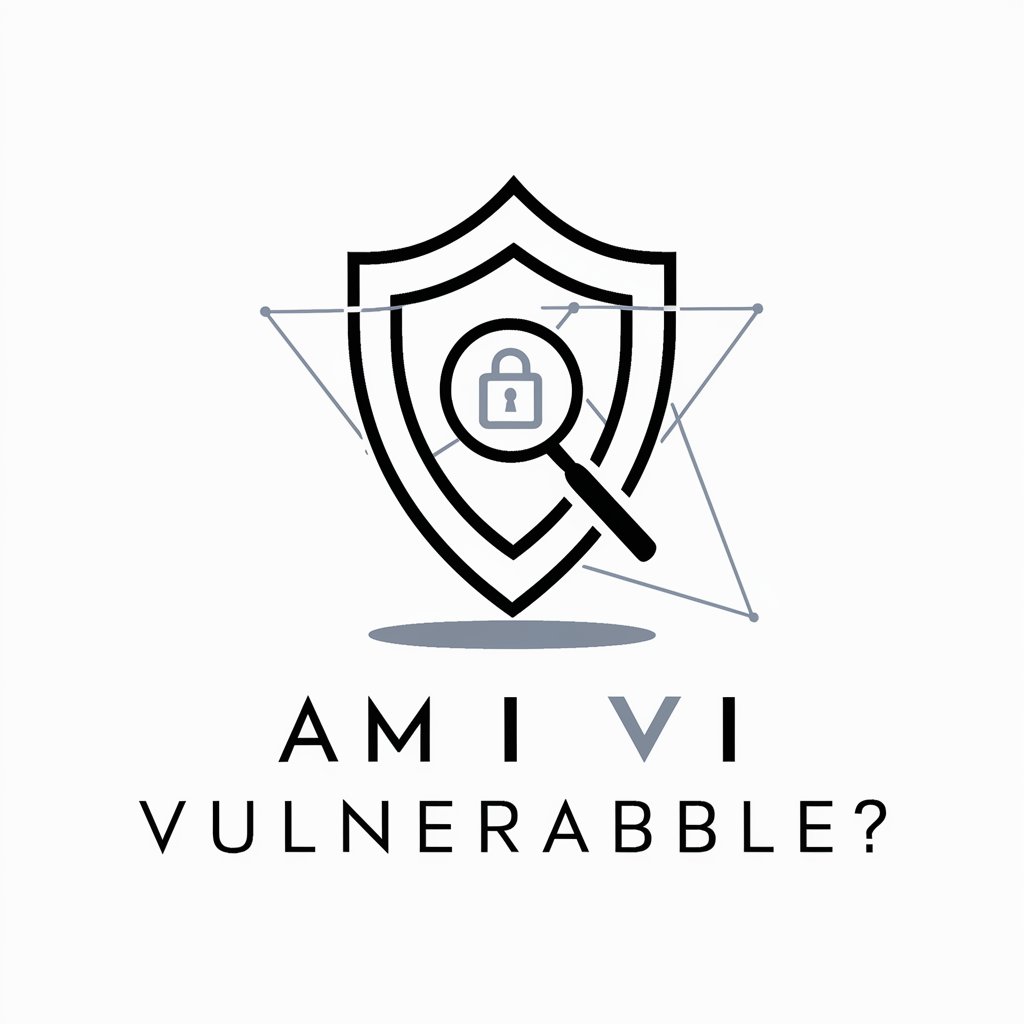
MS Licensing Specialist - MVL Assistant
Optimizing Your Microsoft Licensing Strategy
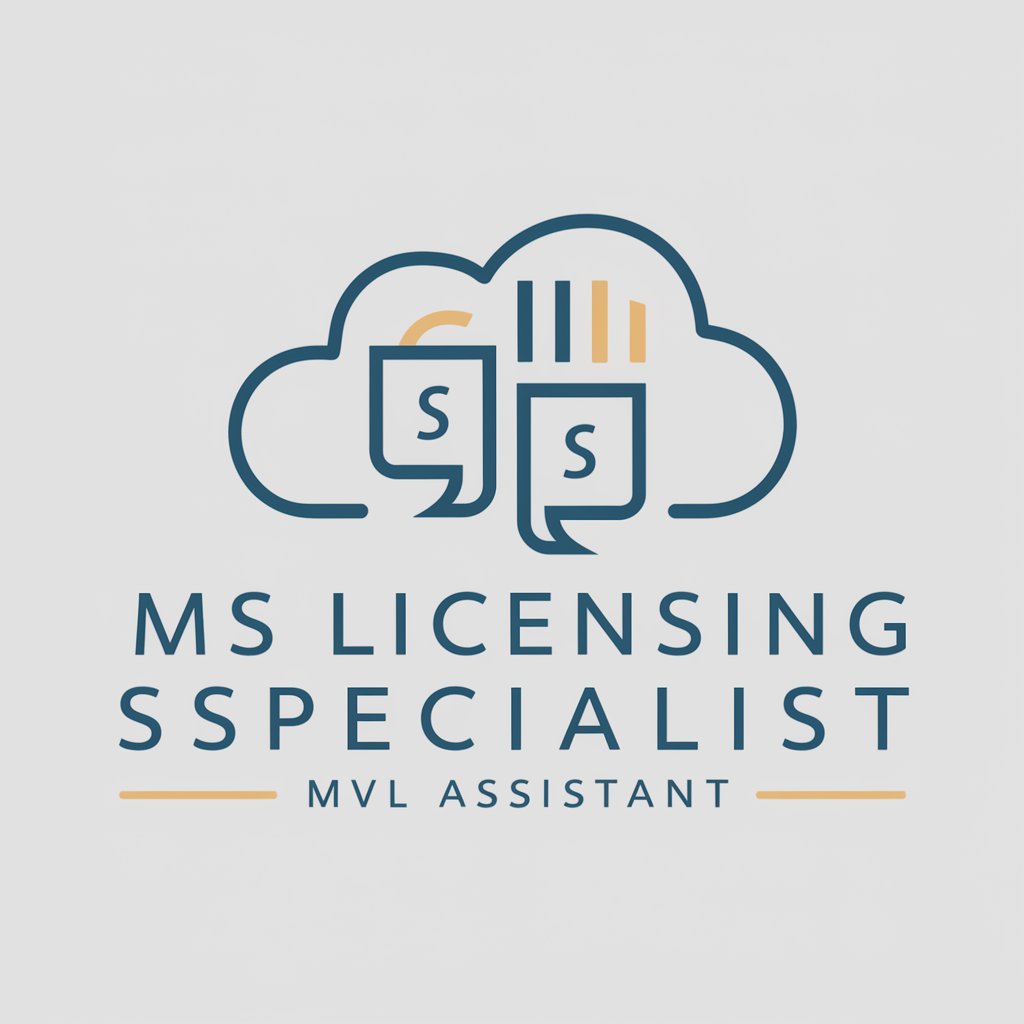
LicenseGPT
Navigating Licensing Complexity with AI
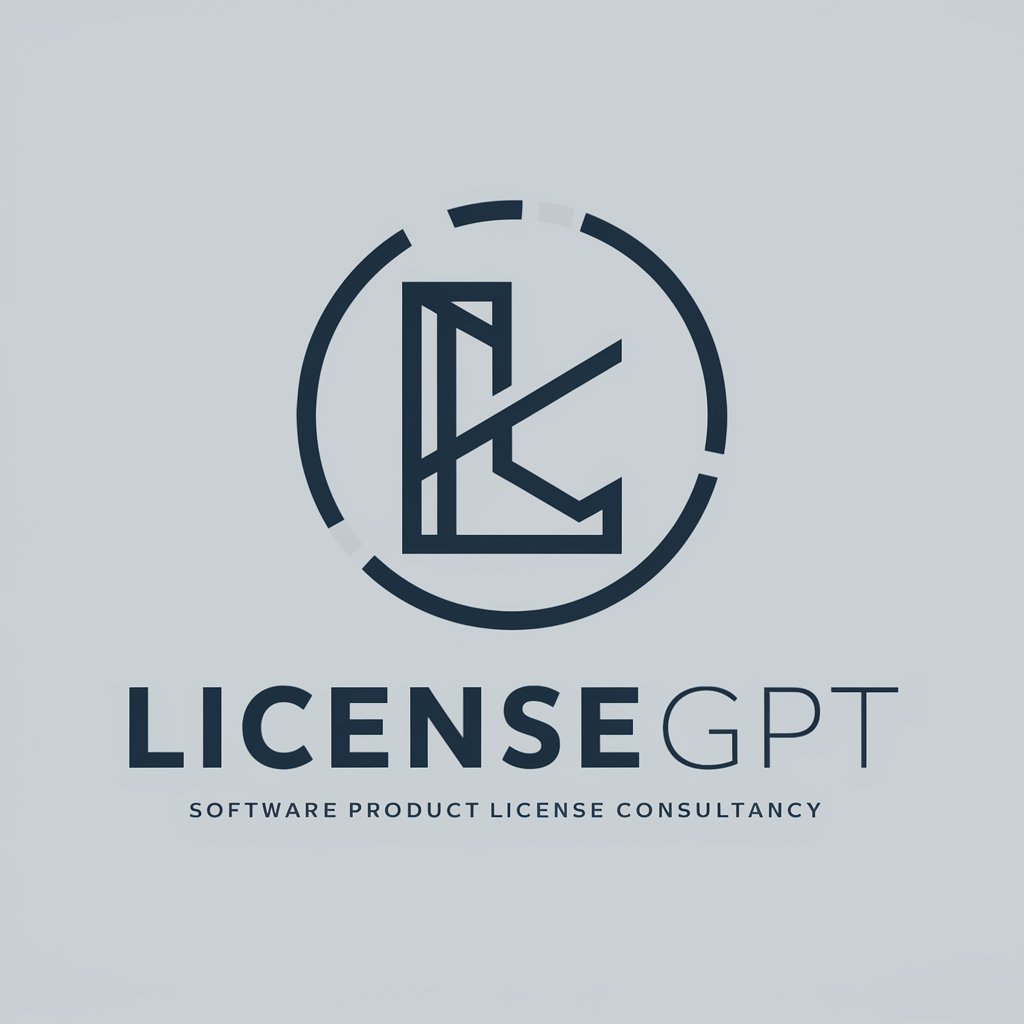
Human in the Loop
Empowering Cyber Solutions with AI
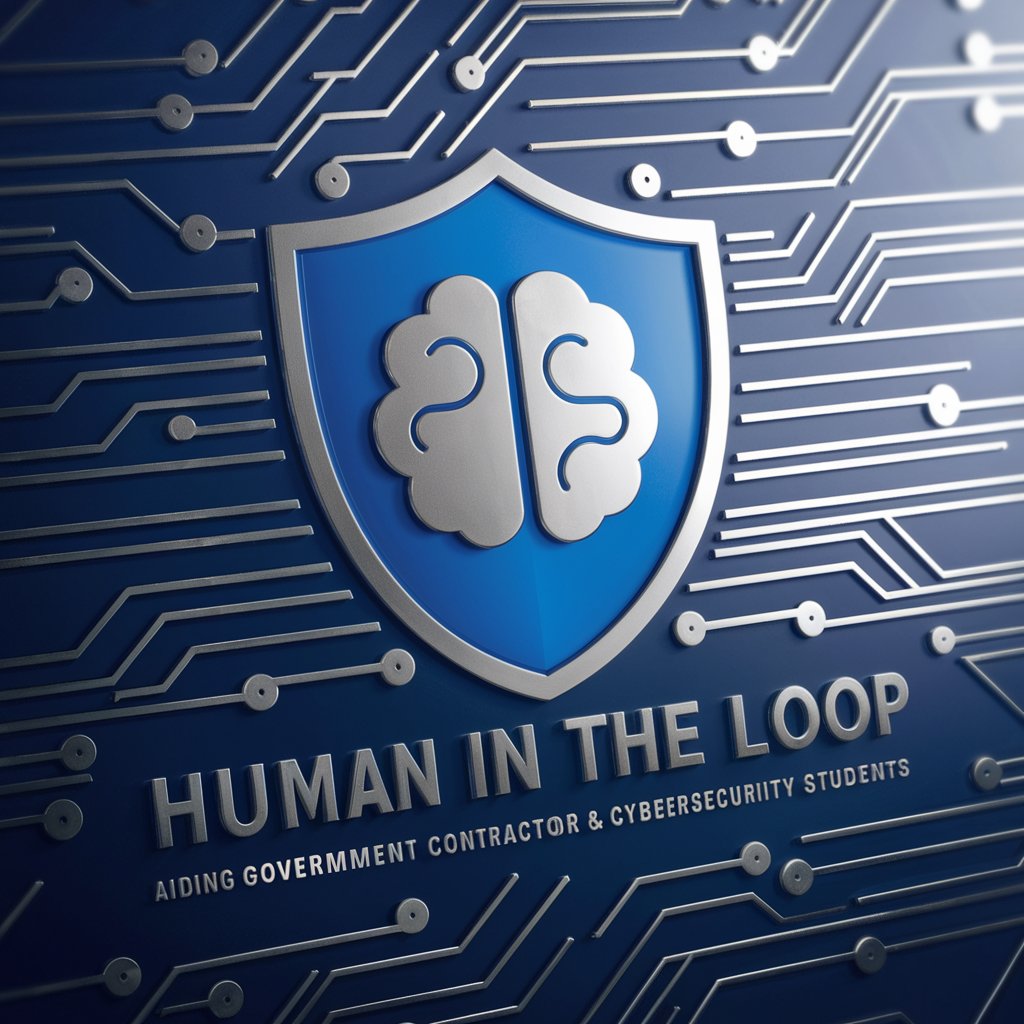
License Navigator
Simplify Microsoft Licensing with AI
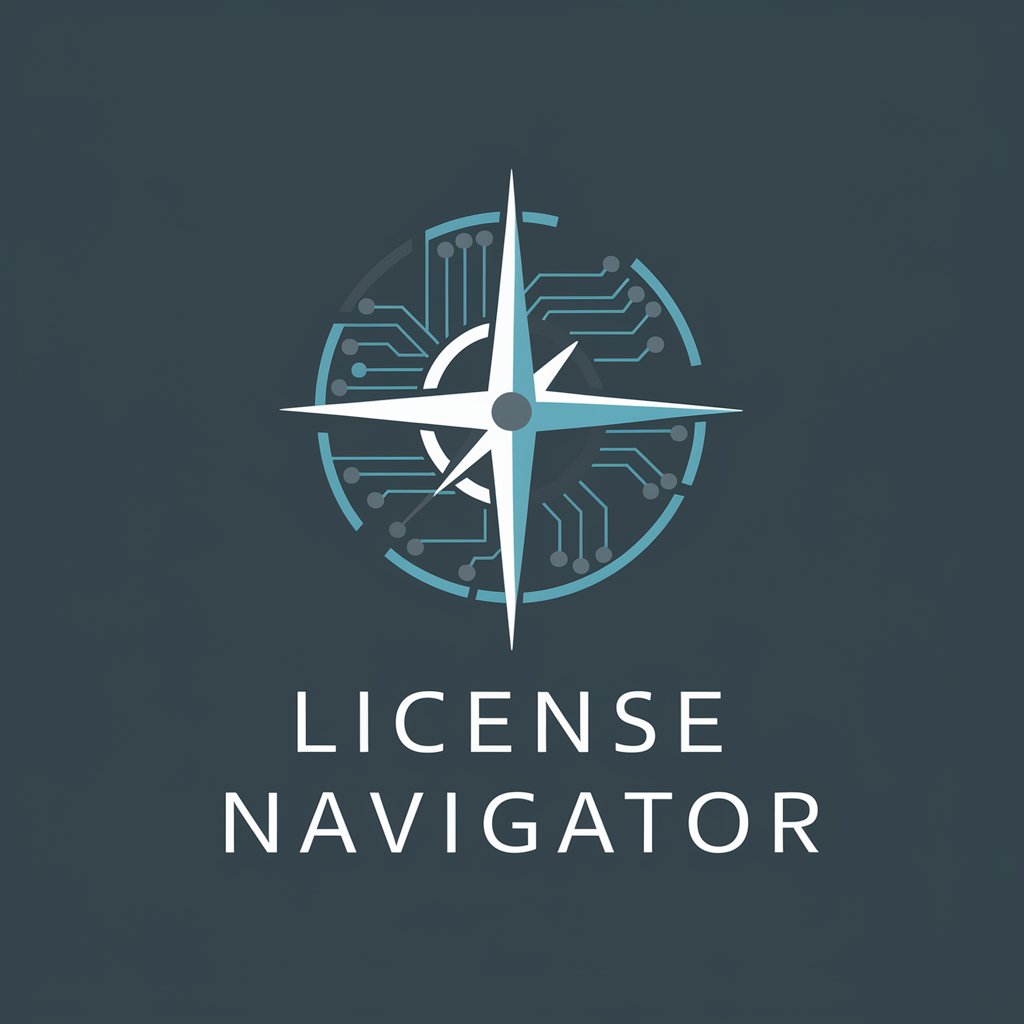
Key Capabilities of AI GPTs in Software Compliance
AI GPTs for Software Compliance are distinguished by their ability to adapt and learn from a wide range of compliance documentation and codebases. Key features include natural language understanding for interpreting compliance documents, code analysis for automatic detection of compliance issues, customizable compliance checklists, automated report generation, and integration capabilities with existing development and compliance tracking tools. These tools also offer real-time assistance, providing developers and compliance officers with instant feedback and guidance on compliance matters.
Who Benefits from Software Compliance AI Tools
The primary beneficiaries of AI GPTs for Software Compliance include software developers, compliance officers, and legal professionals in the tech industry. These tools are accessible to novices in the compliance field, offering guided assistance without requiring deep coding knowledge, while also providing powerful customization options for experts. This broad accessibility ensures that teams of all skill levels can effectively manage and ensure software compliance.
Try Our other AI GPTs tools for Free
Tech Procurement
Discover how AI GPTs transform tech procurement with advanced analysis, automation, and strategic insights, making procurement decisions smarter and more efficient.
Poetic Inspiration
Explore the transformative power of AI GPTs in poetry with tools designed to inspire, create, and analyze, making poetry more accessible and engaging for everyone.
Verse Crafting
Discover the art of verse crafting with AI GPTs, your digital muse for poetry and songwriting. Explore, create, and innovate with linguistic precision and emotional depth.
Lyrical Assistance
Discover how AI GPTs for Lyrical Assistance can transform your songwriting process with innovative, AI-driven tools designed to enhance creativity and lyrical quality.
Luxury Collecting
Discover how AI GPT tools are revolutionizing luxury collecting with tailored insights, authentication, and market analysis, making sophisticated collecting accessible to all.
Price Valuation
Explore AI GPTs for Price Valuation: your solution for accurate, data-driven market analysis and pricing strategies. Tailored for professionals and novices alike.
Expanding the Role of AI in Compliance
AI GPTs for Software Compliance not only streamline compliance processes but also offer potential for predictive compliance, where AI anticipates potential compliance issues before they occur. Their integration with development tools and workflows, coupled with user-friendly interfaces, makes them an indispensable asset for organizations aiming to navigate the complex compliance landscape efficiently.
Frequently Asked Questions
What exactly do AI GPTs for Software Compliance do?
They automate the process of checking software against compliance standards, using AI to analyze code and documentation for potential issues.
Can these tools replace human compliance officers?
While they significantly streamline compliance processes, they are designed to assist rather than replace human experts, enhancing accuracy and efficiency.
Do I need programming skills to use these AI tools?
No, they are designed to be user-friendly for individuals without programming expertise, though programming knowledge can enhance customization.
How do AI GPTs adapt to different compliance standards?
They learn from a variety of documentation and data, allowing them to apply and adapt to different regulatory and technical standards.
Can these tools integrate with existing software development workflows?
Yes, they are designed with integration capabilities to fit seamlessly into existing development and compliance tracking systems.
How do these AI tools handle data privacy and security?
They are built with data privacy and security measures to ensure that all compliance analysis is conducted without compromising sensitive information.
Are AI GPTs for Software Compliance customizable for specific industries?
Yes, they can be tailored to meet the unique compliance needs of different industries, including finance, healthcare, and technology.
What is the future of AI in software compliance?
AI is expected to play an increasingly central role in automating compliance processes, with ongoing advancements enhancing accuracy, efficiency, and adaptability.